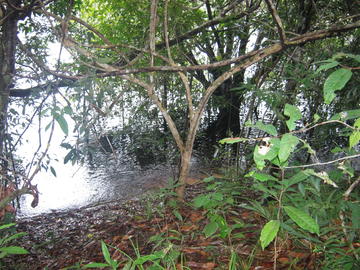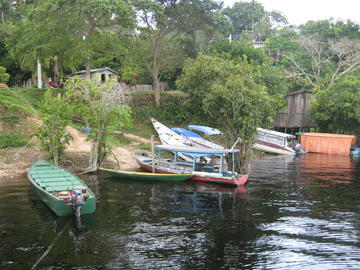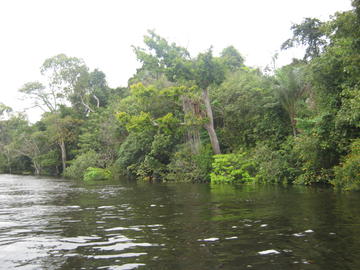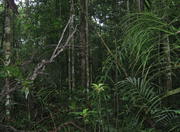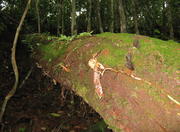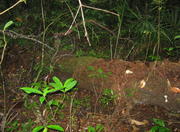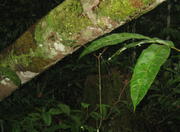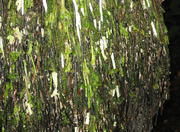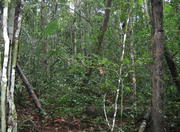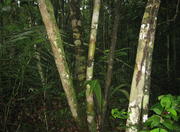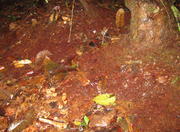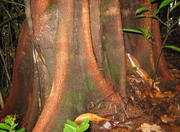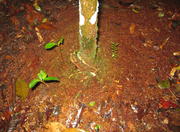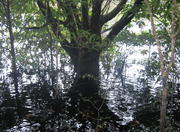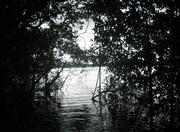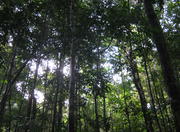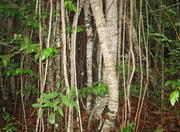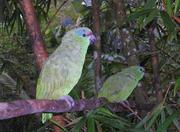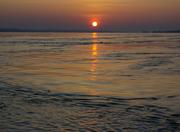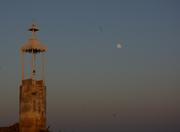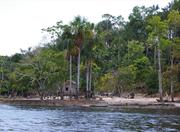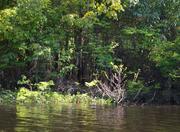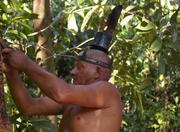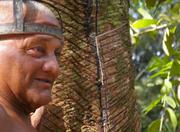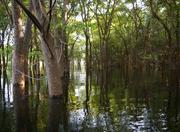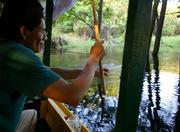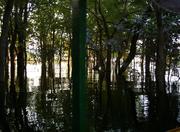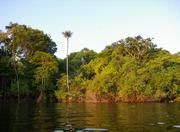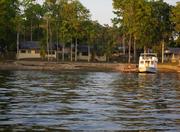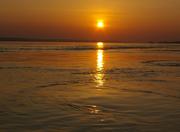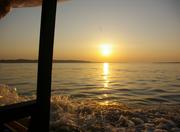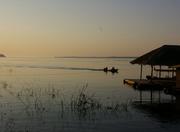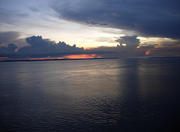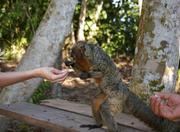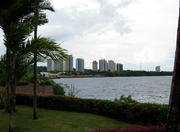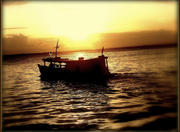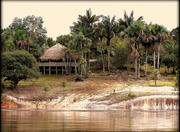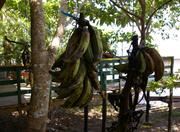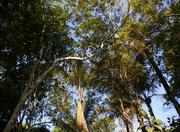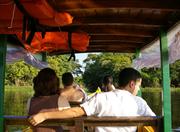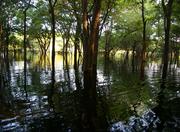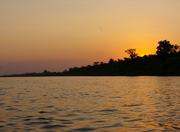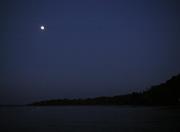The Amazon Forest Picture 8

More information on Piranha Fishing in Amazon Photo by: Nao Iizuka
Piranha Fishing in Amazon
is the largest rainforest in the world, occupies an area of over 6 million km2 spread over nine countries. Most of it - about 60% - is in Brazil. Dividing it into two large halves the Amazon River, navigable by large vessels for more than 6,500 kilometers from Belem, at its mouth on the Atlantic Ocean to Iquitos in Peru. Result of the confluence of two of its major tributaries, the Negro and Amazon, Amazon River is the gutter in this kingdom of water, where a huge network of rivers, streams and lakes form natural highways and houses the largest fresh water reserve on the planet - about 20% of the total.
Among the major rivers - or major highways - the White, Jari, Japurá, Javari Jurua, Purus, Madeira, Tapajós, Tocantins, Xingu and the Trumpets. For the traveler who wants to visit the Amazon, nature, given the strong connection between the forest-river, greatest spectacle offered its exuberant flora.
Despite the huge diversity of wildlife, fauna is difficult to observe due to the characteristics of tropical forests. However, the estimate from owning more than 3000 species of fish makes Amazon one of the main destinations for sport fishing and observation of ornamental fish. From the cultural point, the greatest interest lies in the traditional communities - or forest peoples: the tapper, the Indian, the coastal and indigenous communities, these, visitation prohibited. The best way to meet this water world is by river cruise or stay at one of several lodges, so-called jungle lodges.
With temperatures usually above 20 º C and due to the characteristics of rainforest, the best time to visit Amazon's "summer" - from June to October - when the humidity is lower.
Manaus
The Amazon can be visited from Manaus, a city situated on the left bank of the Rio Negro, near the confluence with the Solimões River - the two rivers form the Amazon a natural spectacle of rare beauty, the "meeting of waters" in which the dark waters of Negro meet the clay-colored Solimões and run side by side without mixing for miles and miles.
http://www.portalamazonia.com.br
More Photos of The Amazon Forest Picture 8
